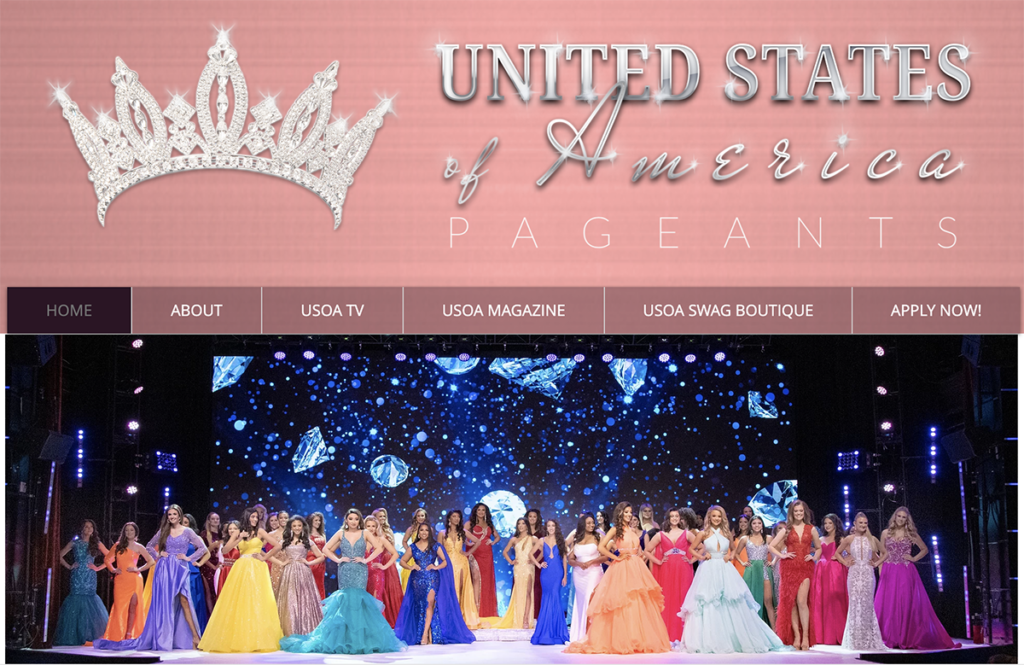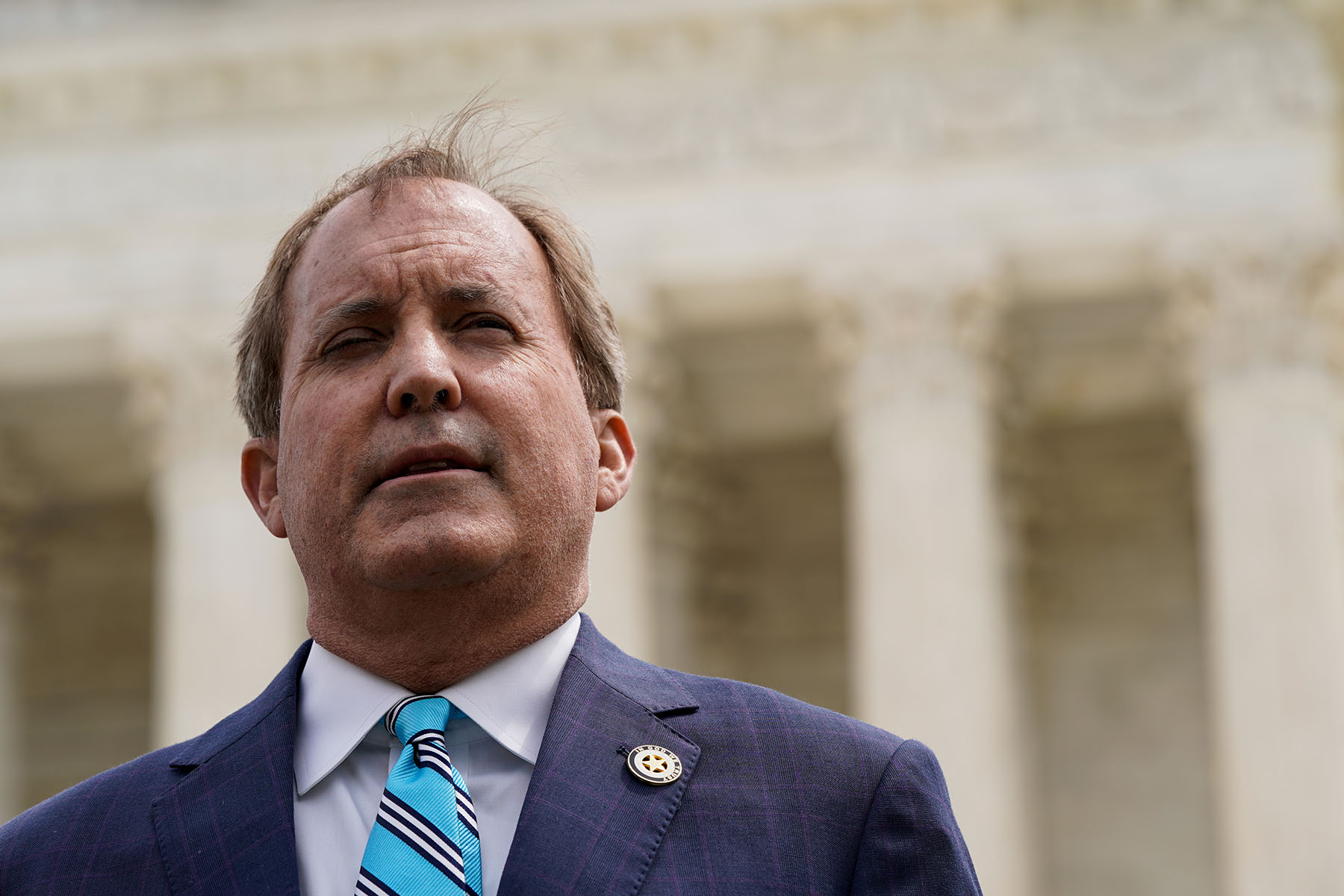A federal appellate court ruled in favor of a beauty pageant that barred an Oregon transgender woman from competing, citing the pageant’s First Amendment right to freely express its desired message of “womanhood.”
Anita Noelle Green sued the Miss United States of America, (USOA), pageant in 2019 for gender identity discrimination after the pageant denied her application because of a rule requiring any contestant to be a “natural born female.” Green claimed this policy violated the Oregon Public Accommodations Act, (OPAA), which bars instances of sex and sexual orientation discrimination, among other things, in places of public accommodation.
The U.S. Court of Appeals for the Ninth Circuit ruled Nov. 2 that the pageant is protected by the First Amendment, and cannot be compelled to include Green as her inclusion would effectively alter the pageant’s views and the message of “womanhood” it expresses.
Circuit Judge Lawrence VanDyke, who authored the 2-1 decision, compared a beauty pageant to theater, a movie and the Super Bowl halftime show. Judge VanDyke noted that beauty pageants and his examples “combine speech with live performances such as music and dancing to express a message.”
“While the content of that message varies from pageant to pageant, it is commonly understood that beauty pageants are generally designed to express the ‘ideal vision of womanhood,’” he wrote.
Miss USOA was represented by the Alliance Defending Freedom (ADF), a conservative legal advocacy group which describes its mandate as “committed to protecting religious freedom, free speech, the sanctity of life, parental rights, and God’s design for marriage and family.”
ADF Senior Counsel Christiana Kiefer said they were “pleased with the Ninth Circuit decision affirming that no American should have to speak messages with which they disagree.”
“You have a male, who identifies as female, and wants to come into a pageant that celebrates women,” Kiefer said. “What the Ninth Circuit recognized is that the particular pageant wants to communicate a message, and to force that pageant to include a male would fundamentally change the message of the pageant.”
Mikki Gillette, major gifts officer at Basic Rights Oregon, an Oregon-based organization dedicated to LGBTQ equality and inclusivity, described the Ninth Circuit’s decision as “disturbing” and “unjust.”
Gillette said that in Judge VanDyke’s decision he often refers to cisgender women as “‘natural-born women,’ implying that transgender women, like Green and myself, are somehow unnatural and can be categorized as not women at all.”
“I have faith, though, that with the increased visibility of trans people in our society, and with a whole generation of young people growing as trans, or with trans peers and family members, we will soon live in a time when the type of prejudice displayed by the Miss United States [of America] pageant will no longer be accepted,” she said.
The 2019 complaint, filed in the U.S. District Court for the District of Oregon, alleged that this “natural born female” policy had “no legitimate purpose other than to exclude and discriminate against transgender females,” it stated. “Transgender females gain no physical or other advantage in beauty pageants, including defendant’s pageant program.”
Green has competed in pageants before, and was the first openly transgender person to compete in the 2017 Miss Montana USA pageant. Green also competed in Ms. World Universal and is the 2019 Miss Earth Elite Oregon pageant titleholder.
According to the complaint, Green participates in beauty pageants because they “affirm her identity as a woman” and “contribute to her sense of femininity and beauty.”
“Plaintiff participates in pageants because they play a vital role in boosting her confidence, improving her public speaking skills, making her feel heard, giving her a public platform in which to discuss important social issues, and allowing her to be a positive and inspiring example to all women,” the complaint stated.
In 2018, Green connected with Miss USOA director Tanice Smith on Facebook. Smith messaged Green inviting her to consider participating in the 2019 Oregon pageant. Green asked to read over the rules, informed Smith that she was a transgender woman, and asked if she would be open to adjusting the policy. Smith declined, and provided Green with some alternative pageants to enter, according to the complaint.
Green applied for the “Miss” division of the USOA pageant anyway, but was rejected and received a refund for her entry fee.
In her complaint, Green argued that Miss USOA engaged in discrimination under the state’s accommodation act. Miss USOA did not dispute that its pageant is considered a place of public accommodation, or that its “natural born female” policy would bar Green from participating because of her gender identity.
According to District Court Judge Michael J. Mosman who authored the court’s April 2021 decision, Miss USOA argued that if it were forced to include Green in the pageant it would “compel it to express a message with which it disagrees: Ms. Green is a natural-born female,” the decision stated.
The Ninth Circuit agreed. Judge VanDyke referred to the 1995 Supreme Court decision in Hurley v. Irish-American Gay, Lesbian and Bisexual Group of Boston, Inc. The South Boston Allied War Veterans’ Council organized the St. Patrick’s Day Parade, and barred the participation of the Irish-American Gay, Lesbian and Bisexual Group of Boston (GLIB).
The unanimous Supreme Court held that requiring the parade organizers to include GLIB, which expressed a message the organizers did not want to convey, was in violation of the organizers’ freedom of speech.
The Ninth Circuit quoted the Hurley decision, stating that using the state’s power to force Miss USOA to include Green would “violate ‘the fundamental rule of protection under the First Amendment, that a speaker has the autonomy to choose the content of his own message,’” the decision stated.
Judge VanDyke added that Miss USOA “expresses its message in part through whom it chooses as its contestants, and the First Amendment affords it the right to do so. Green seeks to use the power of the state to force Miss United States of America to express a message contrary to what it desires to express. The First Amendment says no.”
Ninth Circuit Judge Susan Graber “respectfully but emphatically” dissented from the court’s majority opinion, stating that both the district court and Ninth Circuit erred in their findings that OPAA did apply, but the First Amendment prevented its application.
The OPAA’s requirement barring discrimination on the basis of sex or gender identity “neither improperly compels Defendant [Miss USOA] to speak nor violates Defendant’s freedom of association,” Judge Graber stated.
“Thus, it cannot prevail on the merits of an as-applied First Amendment claim. Because the majority opinion inappropriately seeks to have it both ways, and does so without first determining which option is the legally correct one, I must dissent,” she concluded.
Kiefer says that Oregon has a law that notes if there is a First Amendment issue, specifically regarding “chilled speech,” that the “courts must address that first because it’s very important not to tread on a citizen’s right to free speech.”
David E. Bernstein, professor and executive director of the Liberty & Law Center at the Antonin Scalia Law School at George Mason University, said the court was correct in its decision.
“I would say that a pageant is akin to a theatrical performance. Just like a movie producer can say he is looking for … whatever actor, and then gets to decide what that means to him,” Bernstein said. “I would apply the same rule to a pageant. They are looking for women and they get to define what that means to them.”
Shenoa Payne, Green’s attorney, declined to comment in an automated email to First Amendment Watch.
“If you are with the media/press and are emailing about the Ninth Circuit opinion in Green v. Miss United States of America, LLC, neither my firm nor my client have any comment at this time,” it stated.
GREEN V. MISS UNITED STATES OF AMERICA, NINTH CIRCUIT DECISION FILED NOV. 2, 2022
GREEN V. MISS UNITED STATES OF AMERICA, District Court DECISION FILED APRIL 8, 2021
GREEN V. MISS UNITED STATES OF AMERICA, COMPLAINT FILED DEC. 17, 2019
Editor’s note: On Nov. 15, Hattie Troutman, the media relations specialist at the Alliance Defending Freedom, contacted First Amendment Watch following publication of this story to request the modification of a quote from Senior Counsel Christiana Kiefer. The quote was changed from “You have a male, who is female…” to “You have a male, who identifies as female…”
Tags




